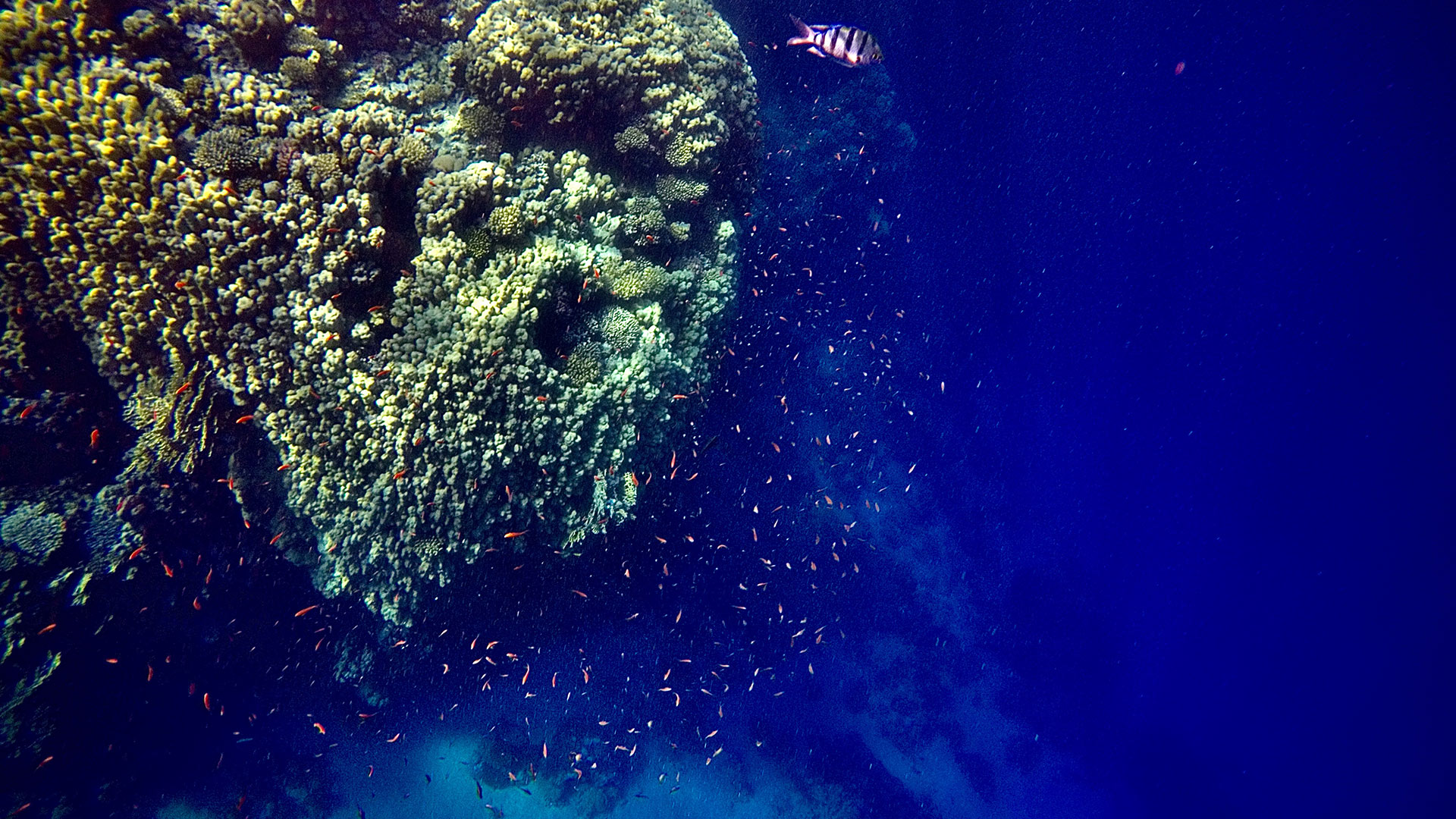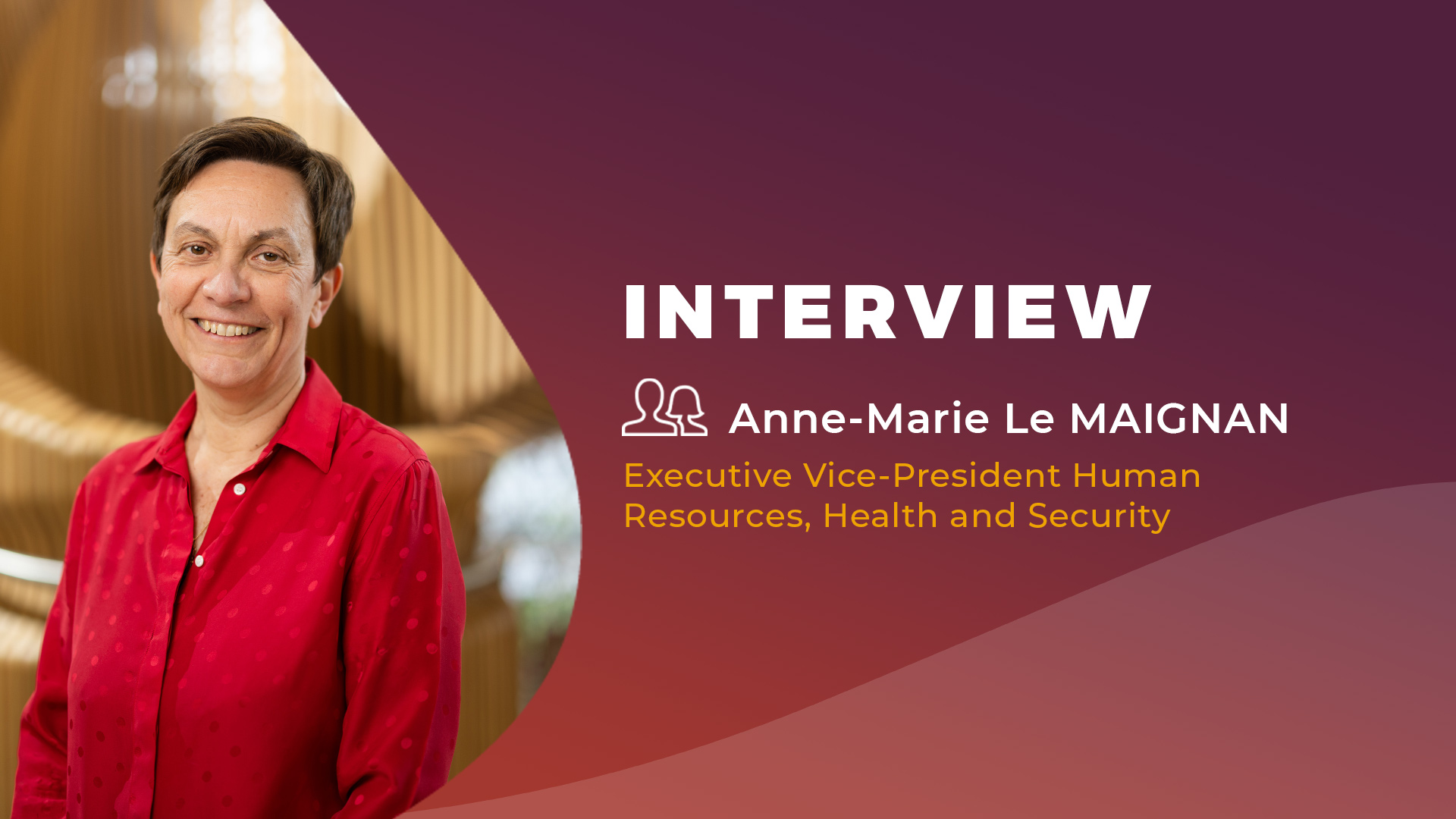Last June, the Norwegian Parliament approved the government’s request to explore the seabed, with the ultimate aim of extracting critical metals for the energy transition, defense and aerospace development. A decision that left a lasting impression and put the subject of deep sea mining back in the spotlight.
What is deep sea mining?
Metals critical to the energy transition, such as manganese, nickel and cobalt, are present at the bottom of the oceans, in the form of nodules or pipes. Several billion dry tonnes of ore are thought to be buried in the Pacific Ocean.
Although there are no underwater mines today, the very concept of deep sea mining is already highly controversial. To date, only 32 countries are officially opposed, including France since 2022.
For the time being, only seabed exploration projects using drones, submarines and robots are being carried out, mainly in the Pacific Ocean. And, as on land, deep sea mining requires authorizations.
No deep sea mining at Eramet
Eramet does not explore or mine underwater. “It’s a decision of principle,” explains Virginie de Chassey, Eramet’s Sustainable Development and Corporate Engagement Director. “The seabed has been very little studied. There’s still a lot we don’t know. Today, we’re far from being able to measure the consequences of deep sea mining on underwater biodiversity. This practice doesn’t resonate with our corporate purpose: to become a reference in the responsible transformation of the Earth’s mineral resources, for living well together. More specifically, on biodiversity, Eramet has committed through its Act for Positive Mining roadmap to aim for a net positive impact by 2035, meaning that biodiversity losses must be offset by restoration or compensation actions – we would be unable to move in this direction with deep sea mining.“
In addition, there are other ways of meeting the needs of the energy transition. Eramet is focusing on the metals that are essential to this transition, especially lithium. Our lithium production plant in Centenario, Argentina, will soon begin operations. It has over 40 years of reserves, i.e. more than 1,000 kt available on the surface, which can be extracted responsibly. Last but not least, metals are recyclable: once the ore has been mined and processed, it can be recycled ad infinitum.



